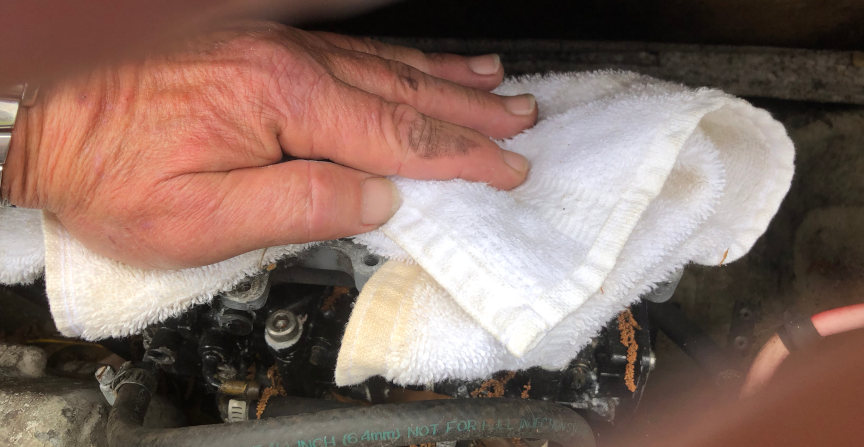
Enjoying a day out on your jet ski is fun!
But a ticket or an accident can bring that fun to a halt in just a few seconds. Operate your PWC safely and within your ability.
FLORIDA JET SKI LAWS
All vessels with motors, including personal watercrafts (PWC), operating on Florida waters must be registered and titled and also display Florida registration numbers, hull identification numbers (HIN) and a valid decal.
A person must be at least 14 years of age to operate a PWC in Florida. Anyone born on or after January 1, 1988 is required to either have successfully completed a National Association of State Boating Law Administrators (NASBLA) approved boating education course or have passed a course equivalency or temporary certificate examination and must have in their possession a boating education ID card and a photo ID card when operating a vessel with a motor of ten horsepower or more in Florida.
A person is exempt from this requirement if there is a person on board who is not affected by this law or is at least 18 years of age and holds a boater education ID card. This person must be attendant to and take responsibility for the safe operation of the vessel.
Every person operating, riding on or being towed behind a PWC must wear an approved non-inflatable wearable personal flotation device, or PFD. You are not allowed to wear inflatable PFDs on jet skis.
The operator of a personal watercraft must attach the engine cutoff switch lanyard (if equipped by the manufacturer) to his/her person, clothing or PFD as well as a whistle. The PWC must have a fire extinguisher.
Except in the event of an emergency, it is unlawful to moor or fasten to any lawfully placed navigation aid or regulatory maker.
Personal watercraft may not be operated from 1/2 hour after sunset to 1/2 hour before sunrise, even if navigation lights are used. Remember, both federal and state law requires the use of navigation lights from sunset to sunrise.
Maneuvering a personal watercraft by weaving through congested vessel traffic, jumping the wake of another vessel unreasonably close or when visibility around the vessel is obstructed, or swerving at the last possible moment to avoid collision is classified as reckless operation of a vessel and a first-degree misdemeanor.
Follow basic boating rules including slow and no wake zones, not harassing wildlife, staying clear of diver down flags (300 ft open water/100 ft rivers, inlets, and navigation channels), and right of way. Sailboats (under sail), large commercial vessels, and fishing vessels always have the right of way.


